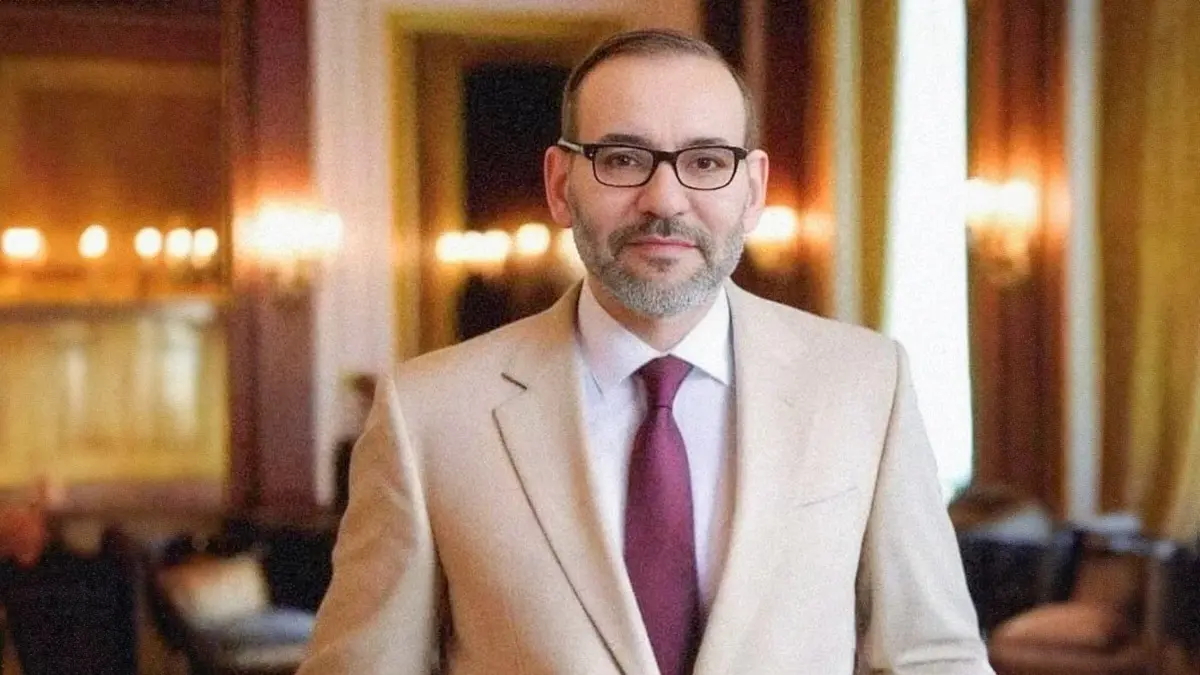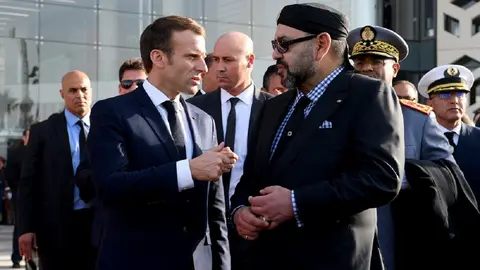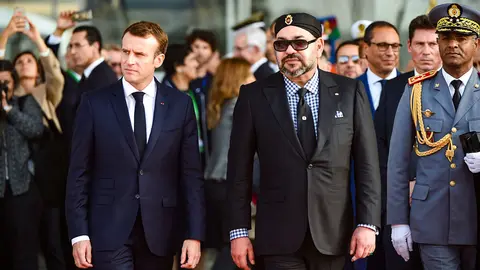In Morocco, the Feast of Reconciliation

King Mohammed VI celebrates 25 years on the throne, having assumed power in the summer of 1999, at a critical moment for Morocco. Faced with various social challenges, with Islamist, even radical, movements gaining ground, and an economy dependent on agriculture and thus on rainfall, the country seemed stagnant.
The famous phrase of the French Resident General in Morocco, Théodore Steeg, ‘In Morocco, to govern is to rain’, still resonated strongly. Moreover, the new monarch inherited the regional conflict over the Sahara, a problem that hindered development in a nation with scarce natural resources.
King Mohammed VI's discreet and dynamic profile did not reveal his intentions at first, but he soon demonstrated his willingness to make profound changes without compromising the country's stability.
With a detailed knowledge of Morocco's economic weaknesses and the needs of its regions, the Alawi king outlined a clear vision for turning the country into a regional power.
Over the past 25 years, Morocco has undergone remarkable economic diversification, transforming itself into a major industrial and technological platform in Africa.
With regard to freedom of expression, the monarch has always been tolerant of the press, trying to put the country back on track. This is why the celebration of the 25th anniversary of his reign has had a different flavour, marked by a historic reconciliation with the Moroccan press. King Mohammed VI pardoned several journalists and human rights activists imprisoned for various reasons.
This has underlined the Monarchy's willingness to guarantee freedom of expression in the country and thus facilitate political and institutional reforms following the 2011 Constitution. The royal decision has become a feast for the journalistic sector, which has been changing its skin for many years due to the possibilities offered by new technologies.
During the so-called Arab Spring, Morocco was one of the few Arab countries that managed to weather the storm thanks to the reforms announced by King Mohammed VI. The Moroccan press, even the most critical, praised the royal initiative that saved the country from the worst, bringing Morocco to a safe harbour. There is no doubt that Morocco is a key country for the security of the whole of Western Europe and particularly Spain, so its stability is not a minor issue for the West.
This brings me to the Sahara issue, which has been a stumbling block to the development and stability of the entire Maghreb region for many decades. This issue was the second big news item of the Throne Party due to French President Emmanuel Macron's announcement of a change in Paris's policy towards the Sahara.
In a letter sent to the King of Mohammed VI, the French president acknowledged Morocco's sovereignty over the Sahara, thus considering the autonomy plan as the only solution to settle the long-standing conflict. Paris's new stance has caused an automatic diplomatic crisis with Algeria, which was expected, especially after the threatening letter sent by Algerian diplomacy to the French leadership.
In short, King Mohammed VI has managed, on this occasion, to open new windows to facilitate a range of reforms and, moreover, to push France to make a move at a decisive moment in a changing regional and international context.



